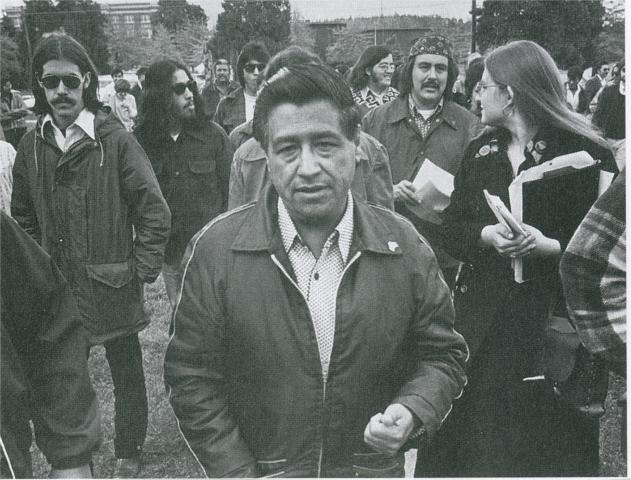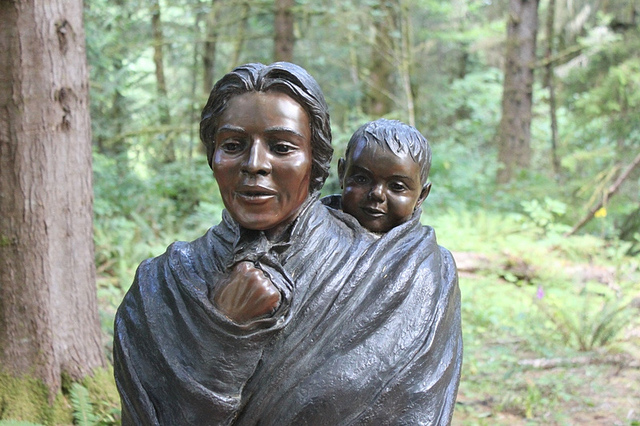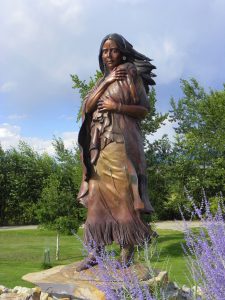31 Mar Cesar Chavez (1927-1993)
Nominated by Scott Voth.
“Sí, se puede“
(Spanish for “Yes, one can”)
Cesar Chavez help found the National Farm Workers Association, which later became the United Farm Workers union, UFW) in 1962.
He grew up poor – his family owned a grocery store and a ranch, but lost it all in the Great Depression. They moved to California and became migrate farm workers. He never made it to high school, but dropped out to work in the fields full time, picking beans, cherries, corn, and grapes.
In 1966, he helped organize the California grape pickers strike, leading the UFW march to Sacramento to protest wages and working conditions. The strike lasted five years. Americans were encouraged to boycott California grapes.
He led a number of other boycotts and strikes to gain higher wages for workers. He would sometimes fast during the strike to express his deep solidarity with the workers. He was deeply spiritual, committed to nonviolence and a champion of civil rights.
The following video further explains my respect for Cesar Chavez and shows why he should be nominated to the BCC Virtual Hall of Fame:










Recent Comments